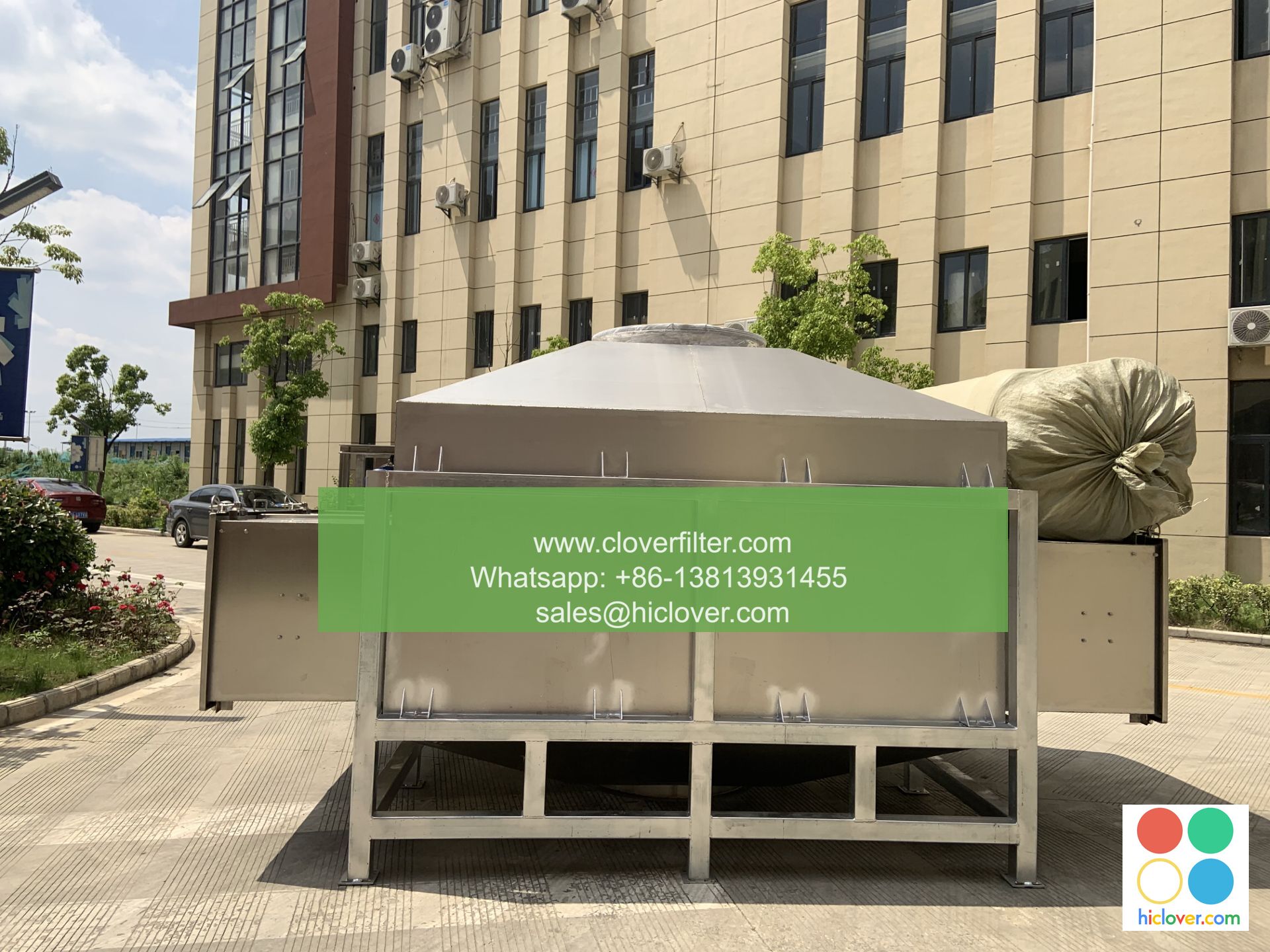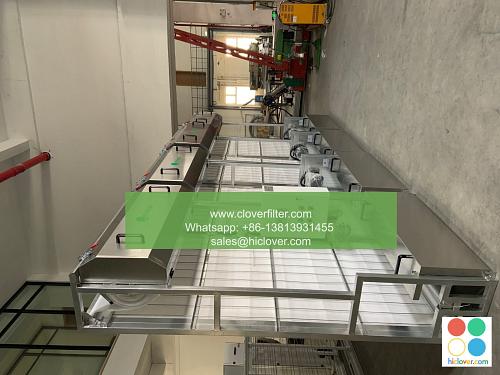The Impact of Air Filter Data on Energy Efficiency in Buildings

As the world grapples with the challenges of climate change and sustainable development, the importance of energy efficiency in buildings has become increasingly prominent. One often overlooked aspect of building management is the role of air filter data in optimizing heating, ventilation, and air conditioning (HVAC) systems. In this article, we will explore the significant impact of air filter data on energy efficiency in buildings and highlight various application areas where this data can be utilized.
Introduction to Air Filter Data
Air filter data refers to the collection and analysis of information related to the performance and maintenance of air filtration systems in buildings. This data can include metrics such as filter pressure drop, air flow rates, and filter replacement schedules. By leveraging this data, building managers and owners can make informed decisions to optimize their HVAC systems, reduce energy consumption, and improve indoor air quality.
Benefits of Air Filter Data on Energy Efficiency
The impact of air filter data on energy efficiency in buildings is multifaceted. Some of the key benefits include:
* Reduced energy consumption: By optimizing air filter performance and maintenance, buildings can reduce the energy required to power their HVAC systems, resulting in significant cost savings and reduced greenhouse gas emissions.
* Improved indoor air quality: Effective air filtration is crucial for maintaining good indoor air quality, which is essential for the health and productivity of building occupants.
* Extended equipment lifespan: Regular maintenance and monitoring of air filters can help prevent equipment failure and extend the lifespan of HVAC systems, reducing the need for costly repairs and replacements.
* Enhanced operational efficiency: Air filter data can be used to identify areas of inefficiency in building operations, enabling managers to implement targeted improvements and optimize their overall energy management strategy.
Application Areas for Air Filter Data
The applications of air filter data are diverse and far-reaching. Some of the key areas where this data can be utilized include:
* Commercial buildings: Office buildings, shopping centers, and other commercial properties can benefit from air filter data to reduce energy consumption and improve indoor air quality.
* Industrial facilities: Manufacturing plants, warehouses, and other industrial facilities can use air filter data to optimize their HVAC systems and reduce energy costs.
* Healthcare facilities: Hospitals, clinics, and other healthcare facilities require high-quality indoor air to ensure patient health and safety, making air filter data a critical component of their energy management strategy.
* Residential buildings: Homeowners and property managers can use air filter data to optimize their HVAC systems, reduce energy bills, and improve indoor air quality.
Best Practices for Implementing Air Filter Data
To maximize the benefits of air filter data, building managers and owners should follow best practices such as:
* Regular monitoring and maintenance: Regularly inspect and maintain air filters to ensure optimal performance and extend equipment lifespan.
* Data analysis and interpretation: Analyze air filter data to identify trends and areas for improvement, and adjust maintenance and operations accordingly.
* Integration with building management systems: Integrate air filter data with existing building management systems (BMS) to enable real-time monitoring and control.
* Staff training and education: Educate building staff on the importance of air filter data and provide training on how to collect, analyze, and act on this data.
Conclusion
In conclusion, air filter data plays a critical role in optimizing energy efficiency in buildings. By leveraging this data, building managers and owners can reduce energy consumption, improve indoor air quality, and extend equipment lifespan. As the demand for energy efficiency and sustainable development continues to grow, the importance of air filter data will only continue to increase. By implementing best practices and utilizing air filter data in various application areas, buildings can reduce their environmental impact and improve the health and productivity of their occupants. You haven’t asked a question or provided any context. What would you like to talk about or ask? I’ll do my best to provide a helpful and direct response.

